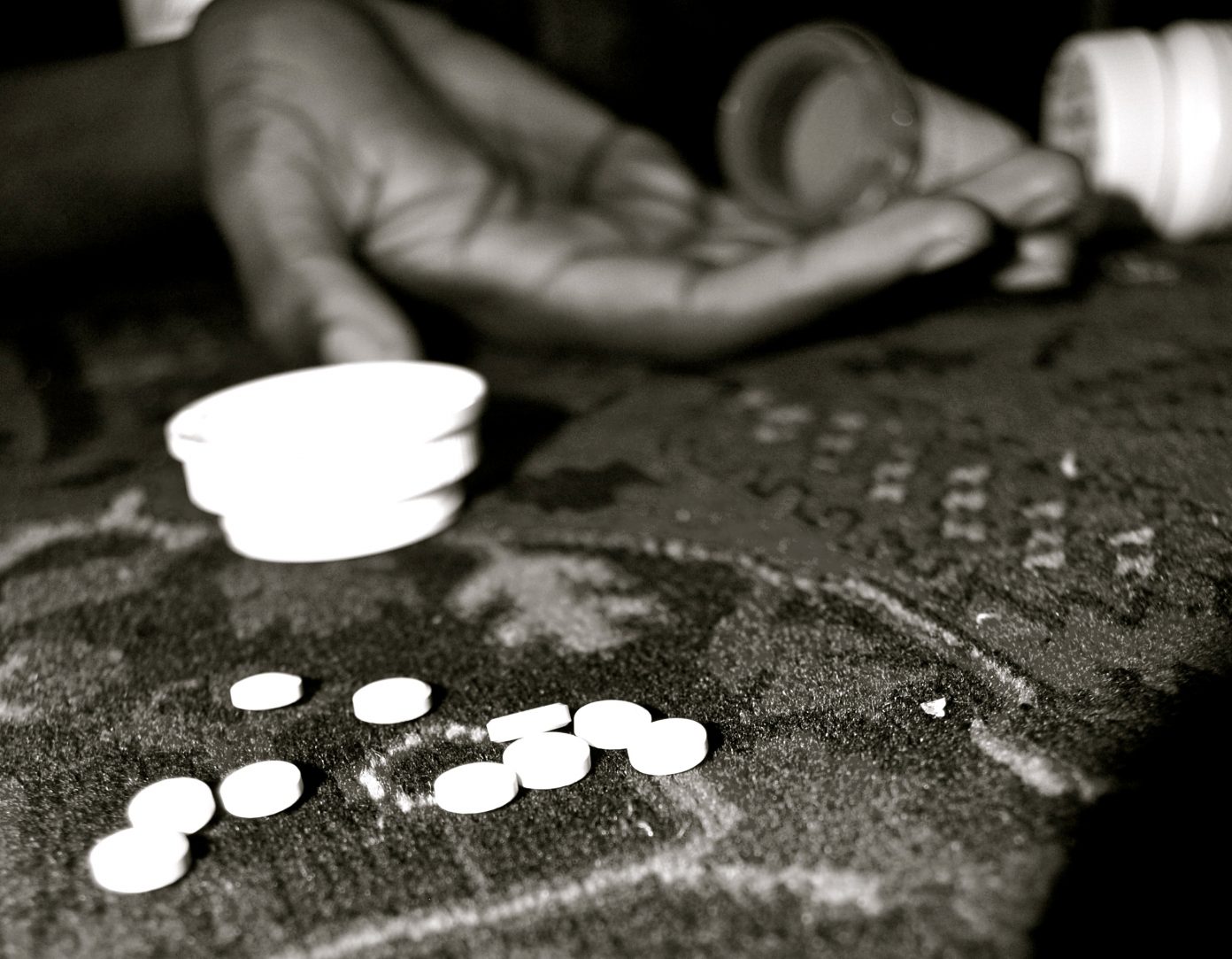Macau studying alternatives to drug consumption arrests, decriminalization unlikely – NGO

By
The President of the Association of Rehabilitation of Drug Abusers of Macau (ARTM) said today said that the city is on track to finding alternatives to prison for consumers, although decriminalization is not under discussion.
“There is a proposal on the table between NGOs [non-governmental organizations] and the Social Affairs BUreay (IAS) that provides alternatives to incarceration. So far, the feedback has been positive, “said Augusto Nogueira, adding that he thinks Macau is “moving in a good direction”.
The official spoke on the sidelines of a training course on drug abuse prevention at the University of Saint Joseph, promoted by ARTM and attended by an expert from the United Nations Agency for Drug and Crime Affairs (UNODC).
“Macau is starting to look into finding solutions to incarceration. We are not discussing decriminalization, but alternatives like treatments, community work, counseling, among others,” he said.
Since 2009, the law allows, in some cases, for the suspension of prison sentences for those who voluntarily subject themselves to treatment or internment, something that should be “more recurrent and not dependent on a judge” the ARTM said.
Speaking to Lusa, the president of ARTM, who has headed the association for nearly two decades and operates on several fronts, with treatment centers or units, as well as a syringe collection and distribution program, was categorical: “no consumer should go to prison. Alternatives must be found. Going to prison solves nothing. This is the position of the association.”
“We did a study among the people who were in the ARTM center and found that most of them had been in prison. Relapse is very high after being released,” explained Augusto Nogueira, who compared incarceration “to an isolated island” in which abstention is confused with treatment.
Concerning the current state of consumption in Macau, the official said there was a “residual increase” in methamphetamine (‘ice’) consumption, to the detriment of, for example, heroin, underlining that consumption in the territory “is more or less controlled”.
Regarding the association’s activity, the ARTM leader made a positive assessment, highlighting the difficulties that were overcome until the development of “an entire organisational structure”, which currently involves five departments.
Nogueira highlighted the syringe collection and distribution program and the ‘be cool’ project, which “around March” will gain a new space, especially for prevention work.
Currently, the association has been focused on a recorded increase in drug use among older people and seeking solutions for their reintegration into society.
Regarding the therapeutic program, which is now being carried out in the new center of Ka Hó, in Coloane, Nogueira reported a good job in terms of reintegration.
“It’s part of the program for people to look for work before they leave. Since we moved to the new place, almost everyone has left already employed,” he said.
Asked about China’s Andy Tsang’s candidacy for UNODC leadership, Augusto Nogueira reaffirmed the support already expressed publicly and stressed that “China is trying to change its treatment system to a more therapeutic and bio-psychosocial system.”
Tsang, the current deputy director of China’s National Narcotics Control Commission, was the Hong Kong police commissioner during the Occupy Central movement in 2014, known as the “umbrella movement,” and the appointment prompted some reactions of indignation.
A petition that has garnered 70,000 signatures stated that Tsang “was responsible for the brutal police crackdown during the movement” and that there was “evidence of serious abuse of power by the police in dealing with protesters, journalists, and even citizens. ”
However, the leader of the association relativized the controversy.
“The UN has a lot to do with the financial power each country can give to the organization. The current executive director of the agency is from a country [Russia] that practically does nothing to support people [who use drugs], where drug use is penalized with prison and people are persecuted,” he said.
“It has more to do with financial support, with China’s funds […] to get the machine up and running,” he said.
 Pathways Drug Rehabilitation Luxury Addiction Treatment & Detox Center
Pathways Drug Rehabilitation Luxury Addiction Treatment & Detox Center




